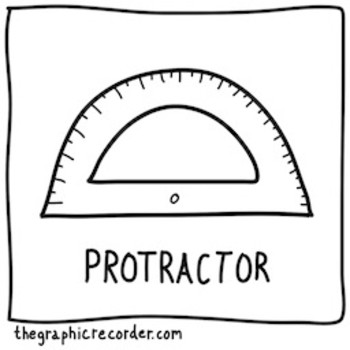A 5 L container holds 9 mol and 12 mol of gasses A and B, respectively. Every three of molecules of gas B bind to two molecule of gas A and the reaction changes the temperature from 320^oK to 210 ^oK. By how much does the pressure change?
1 Answer
The Pressure within the container decreases by
Explanation:
Number of moles of gaseous particles before the reaction:
Gas A is in excess.
It takes
Assuming that every two molecules of A and three molecules of B combine to yield a single gaseous product molecule, the number of moles of gas particles present in the container after the reaction would equal to
The volume of the container in the appropriate SI unit would be
The temperature drops from
gives
Hence the pressure decrease by
Note that the figures in dark blue are dependent on the assumption that every two moles of gas A and three moles of gas B combine to form one mole of product, which is also a gas. See if you can find the right
Reference
[1] The Ideal Gas Law, http://www.science.uwaterloo.ca/~cchieh/cact/c120/idealgas.html

